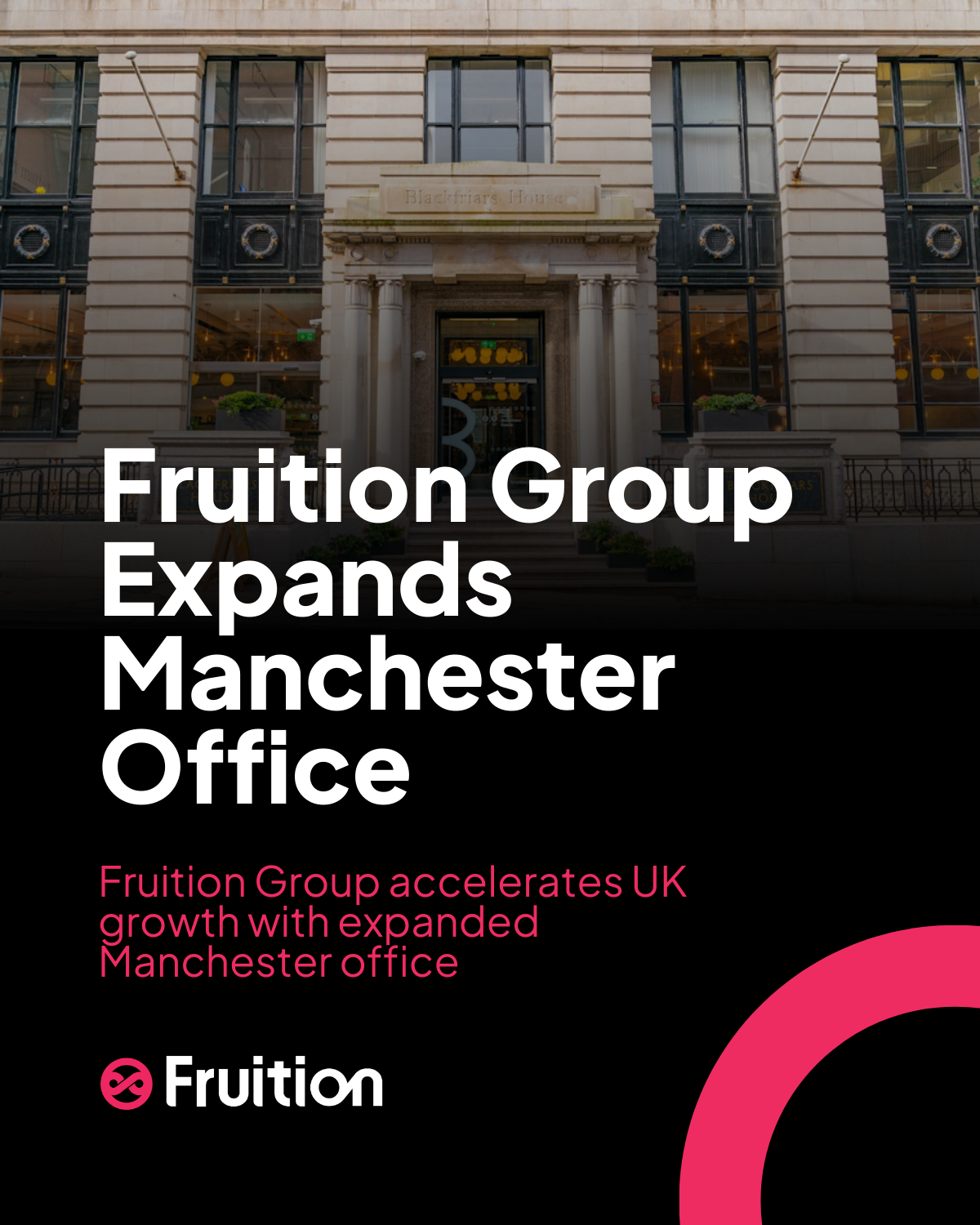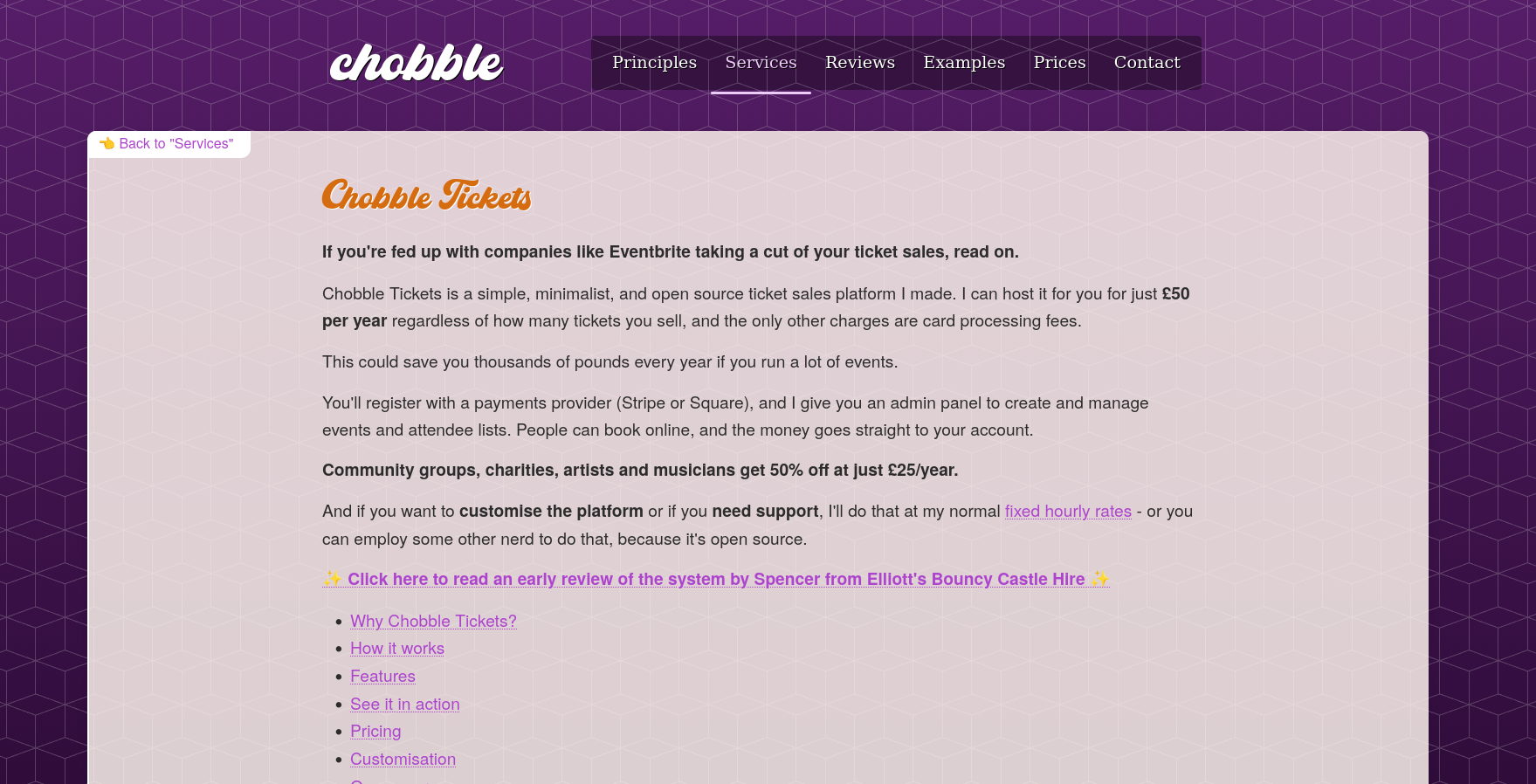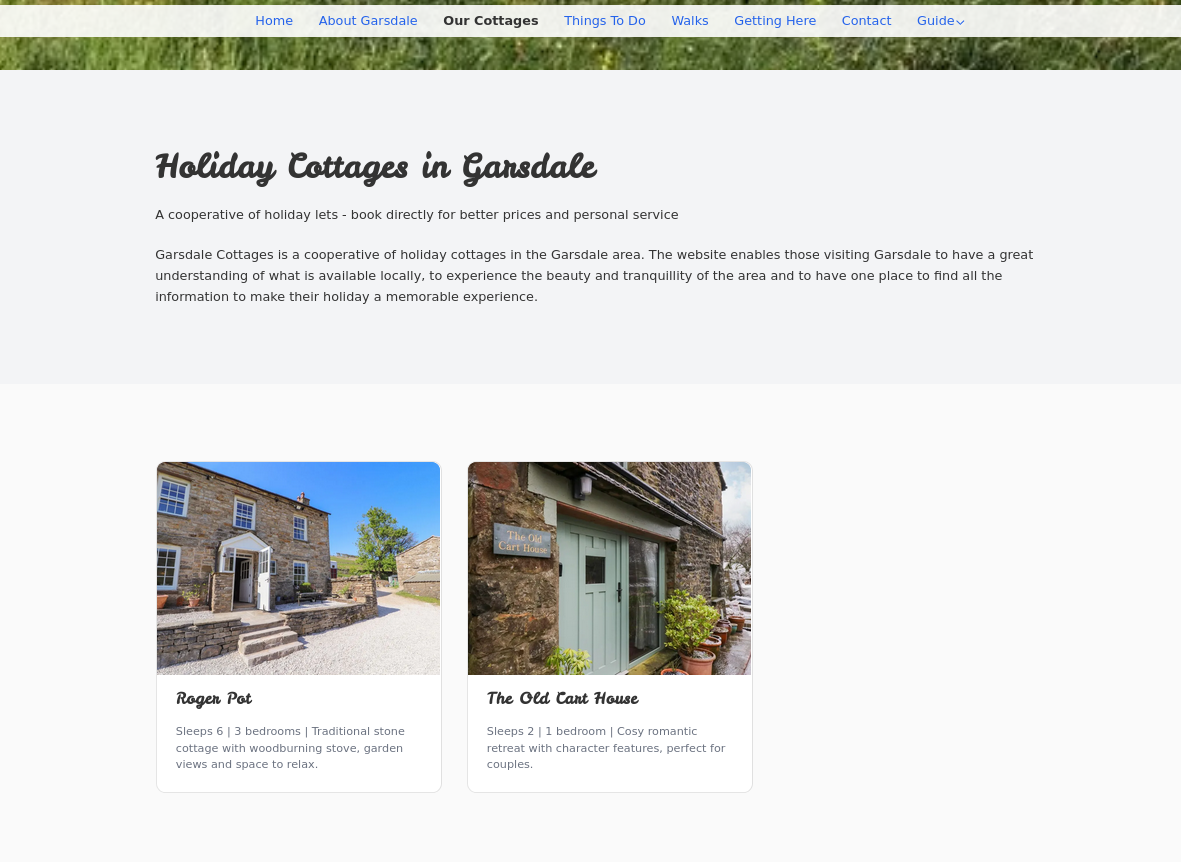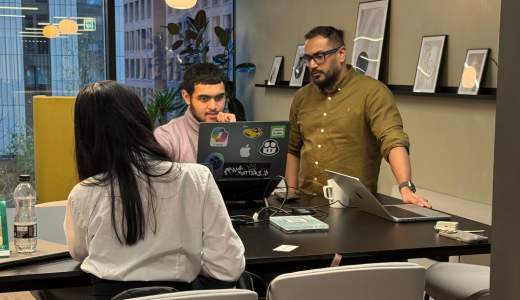In the final instalment of our “future of work” series, we look at the potential ways advancements in technology have changed and continue to change the way we work.
Keeping us connected
Technology has been used in workplaces for many years and has been at the forefront of the move away from traditional employment models – the advent of mobile apps to support the gig economy being a prime example. However, the speed with which employers and employees adapted to new ways of working during the pandemic showed us that technology can increasingly be introduced into the workplace, and that employees are open to and can quickly adapt to new technology when the need arises.
Indeed, for many of us, COVID-19 changed the workplace into one where technology is at its core. Collaboration tools and video conferencing facilities like MS Teams and Zoom became a lifeline for many organisations to create an effective virtual working environment and a means for social interaction at times when teams could not be together. Technology even provided a way for courts to continue sitting during lockdowns.
This approach to work is set to stay for the foreseeable future, with many organisations continuing to embrace hybrid and flexible working post pandemic to remain competitive and attract the talent they need. Key to this is the ability to communicate at the same time with a workforce spread throughout the country or even internationally.
Alongside this is the need to ensure employees are working effectively wherever they are based. Data analytics, employee tracking software and cloud computing are increasingly being adopted by businesses and other organisations to improve workplace productivity. Such technology is not just there to check an employee’s output but can also be crucial to staff welfare, for example by checking that workers are taking appropriate rest breaks.
Recruitment
We are also seeing technology being used to streamline recruitment practices, with AI and automation being the first port of call for shortlisting applicants. It is not such a big leap to see automation taking over arranging interviews or even holding first-round interviews in the not-too-distant future.
Recruitment can be time-consuming when trying to balance all elements, from identifying the requirements and the “nice to haves” for the role to the different needs of individual applicants and the desire to champion diversity and inclusion practices. It is logical to turn to technology to assist with this.
However, AI and automation are data-driven and arguably will only be as good as the data provided, and much has been written about the potential discrimination risk in relying too heavily on an automated process, for instance where historical data is used to make decisions that can then replicate structural inequality or unconscious bias. This means that input from recruitment and HR teams will still be required.
Skills shortages
It is widely reported that businesses are facing skills shortages and concerns over the availability of talent. This is only likely to get worse as new industries and roles are created. Could technology be the answer?
Certainly, the ability to replace a repetitive, time-consuming and labour-intensive process with a speedier, more stream-lined process driven by technology, will undoubtedly be welcome by many employers looking to improve the quality of service or goods, reduce their costs and increase their profits.
It might then come as no surprise to learn that many employers are eager to invest in artificial intelligence (AI), automation and robotics. Indeed, they have become more common place in some sectors. Examples include the use of AI in customer service, robot-assisted surgeries and automated decision support systems across retail, manufacturing and even air traffic control.
The advancement in technology may inevitably lead to the elimination of some routine jobs and tasks. Although this could result in a reduced need for some roles to be fulfilled by humans with resultant redundancies, equally it could give opportunity for employers to create better quality jobs and enhance upskilling and career prospects for their employees. Investing in and upskilling the workforce so that they develop the skills necessary to thrive in a technology-enabled workplace will benefit employees and future-proof organisations.
But is it all good news?
The days where employees feared being replaced by machines may have gone, but many employees are still cautious about the ever-changing workplace.
Security and use of data collected through workplace technologies, alongside data protection compliance issues where the personal data of employees is collected, is a concern for many employees, as is the increasing scope of workplace monitoring and how it could compromise their privacy.
For employers looking to bring in more technology to enhance or streamline operations, there will undoubtedly be benefit in engaging with the workforce about the changes and what it may mean for them. Sharing information with and involving employees in the design and implementation stages, with real opportunity to provide input, could encourage engagement and acceptance to change.
Into the future
The average workplace has already seen significant change and, with continuing advancements in technology, the future seems almost certain to bring greater use of AI, automation and other technology into the workplace of the future. Exactly how much further this will change the working landscape only time will tell.








